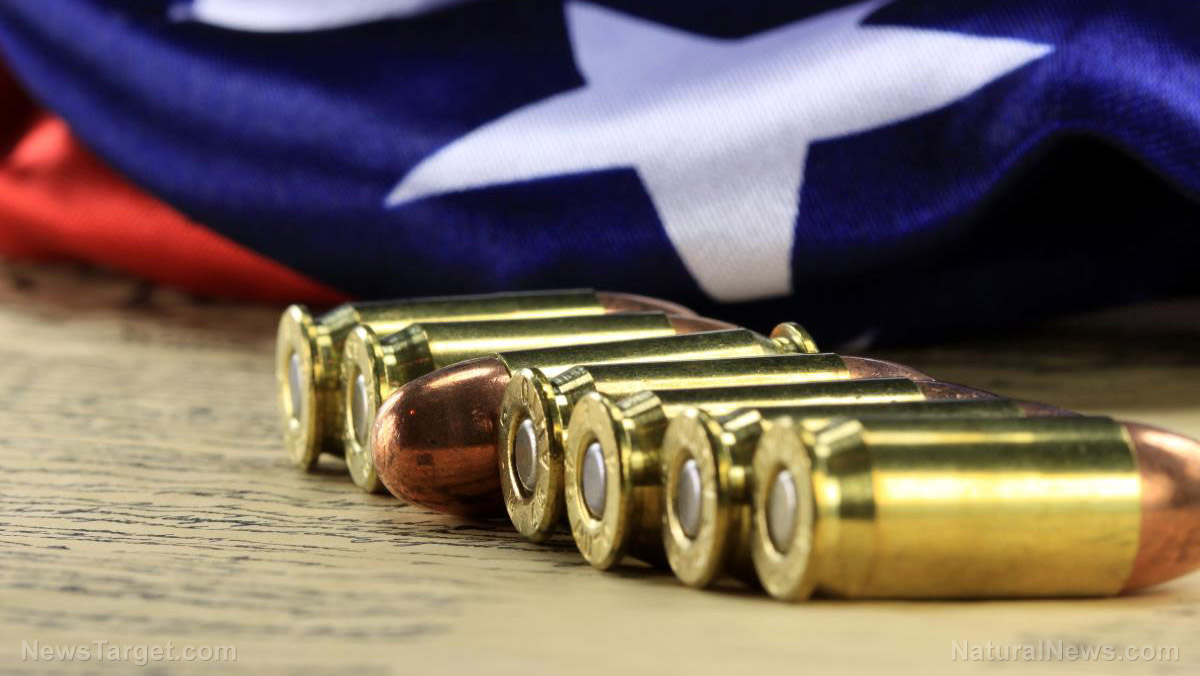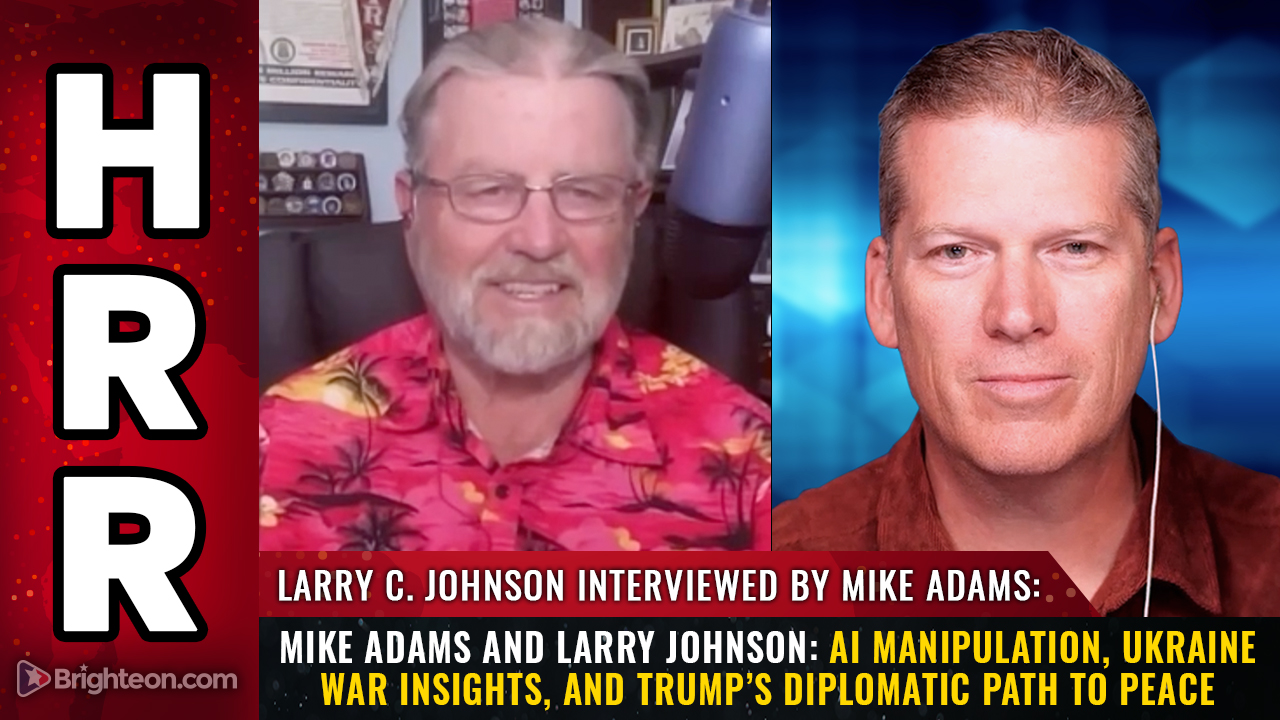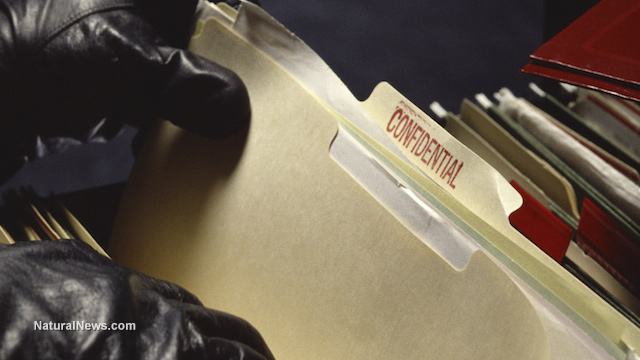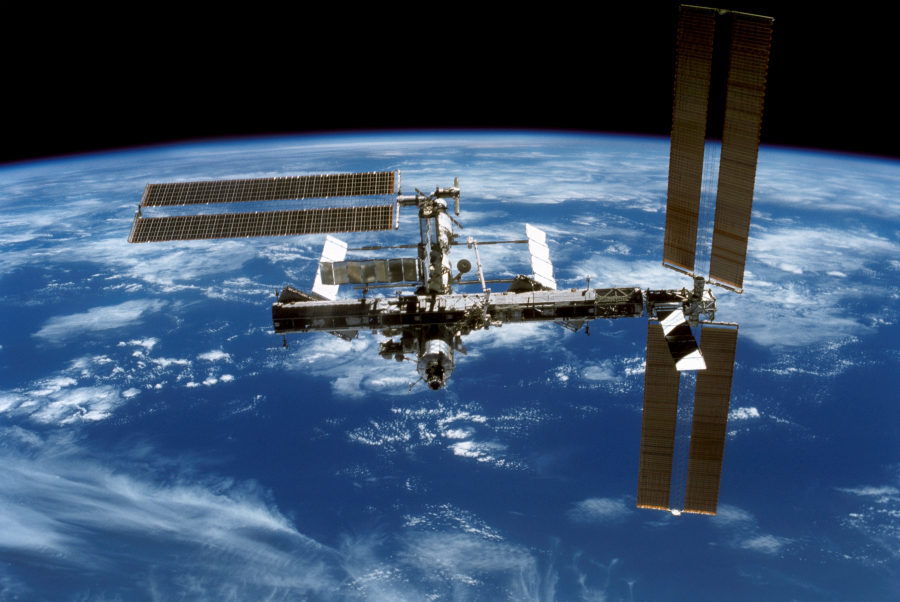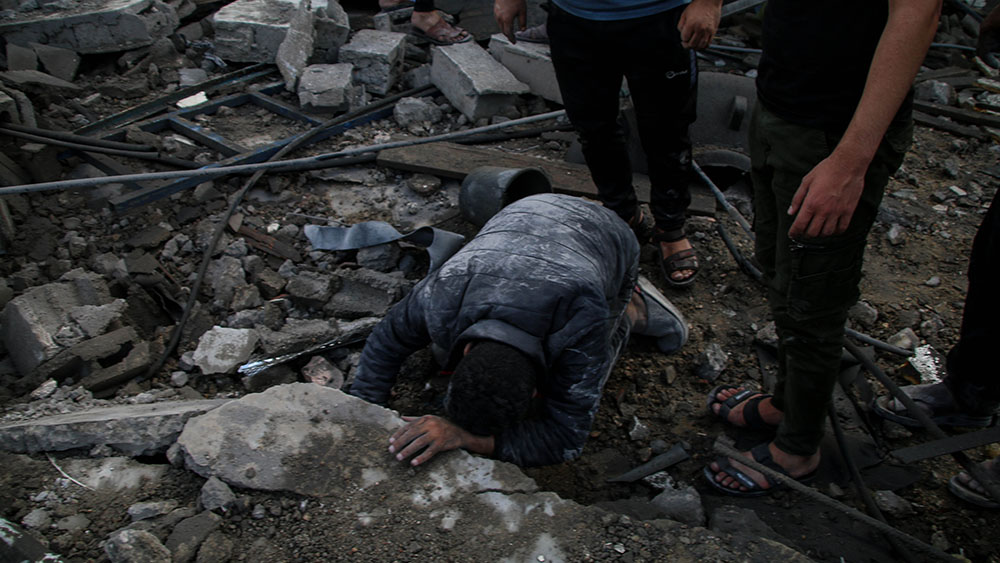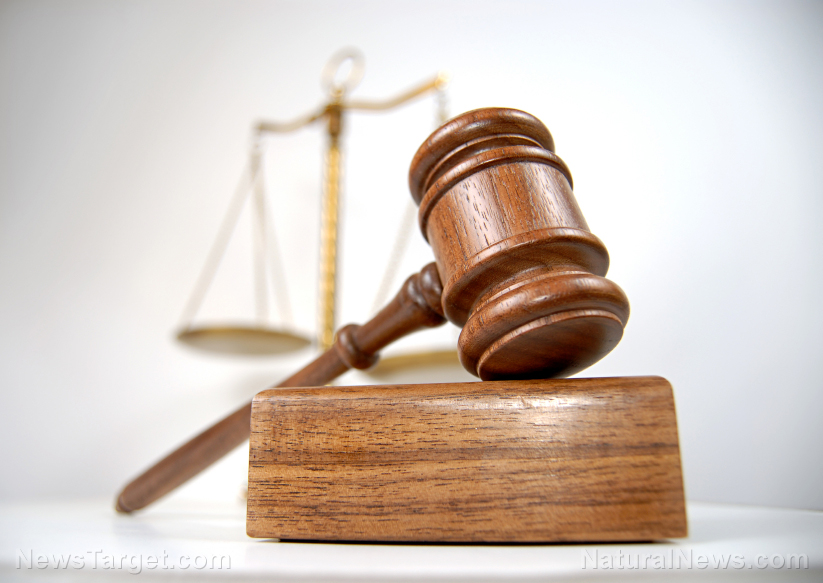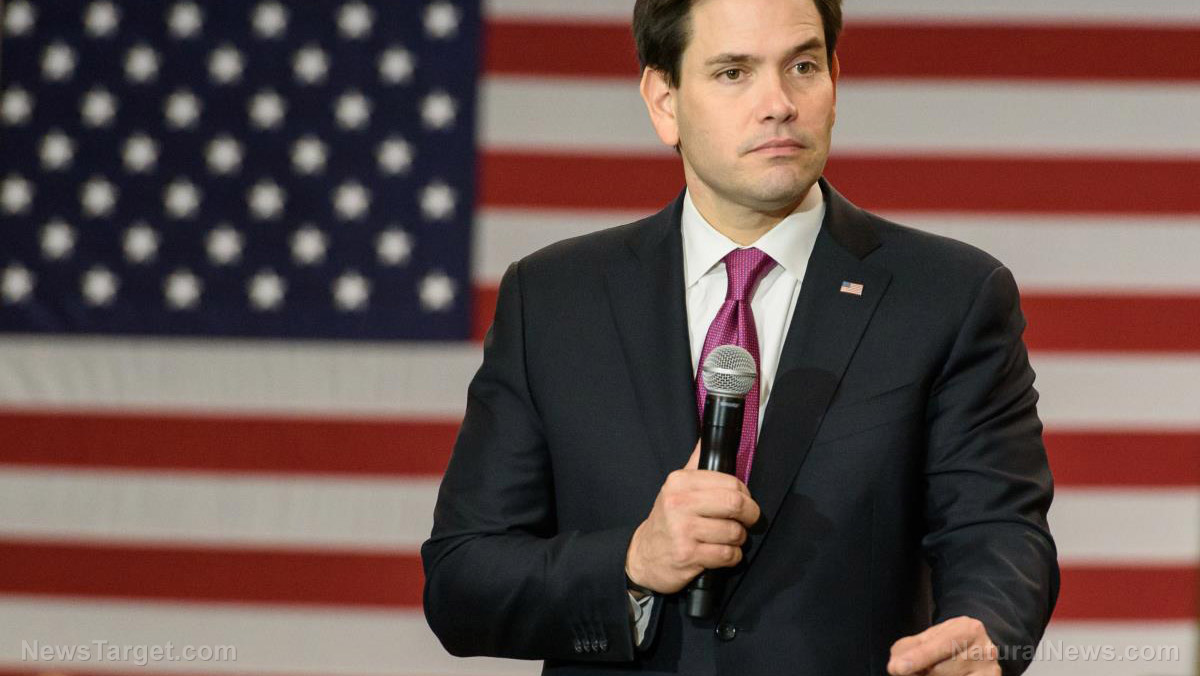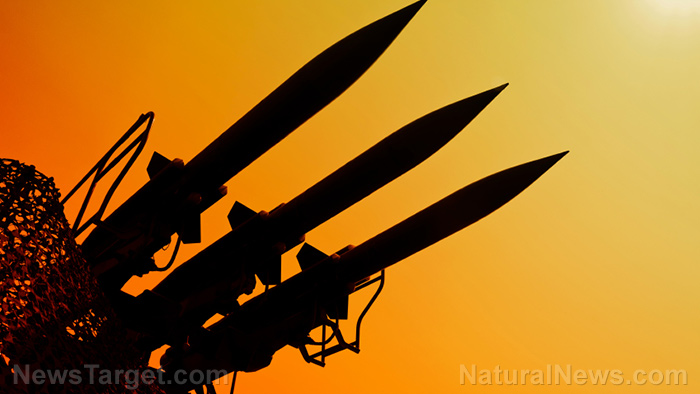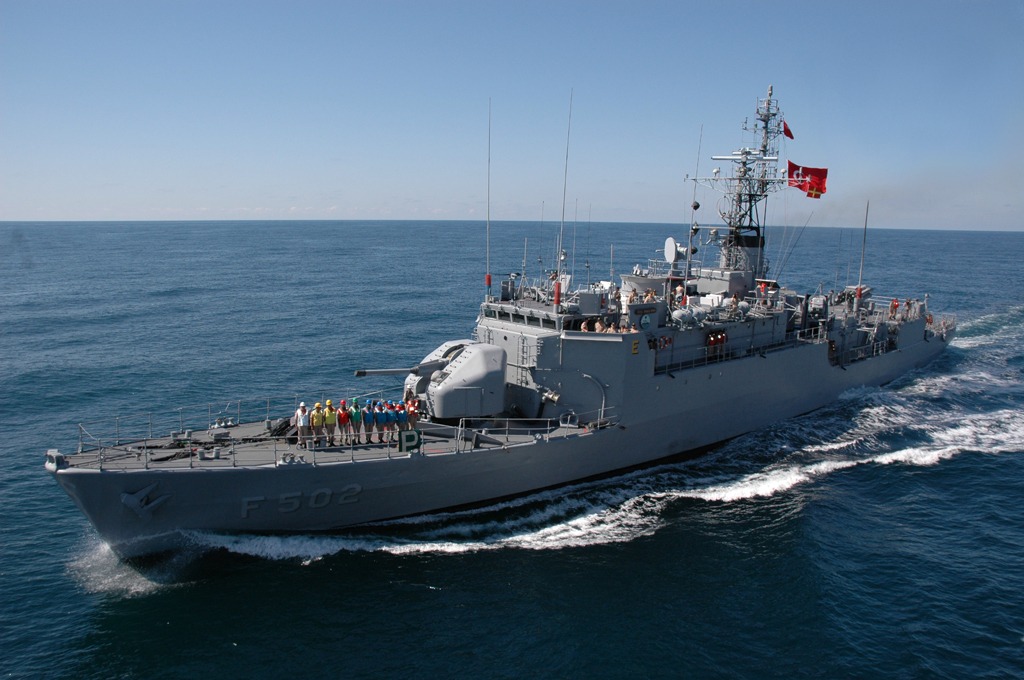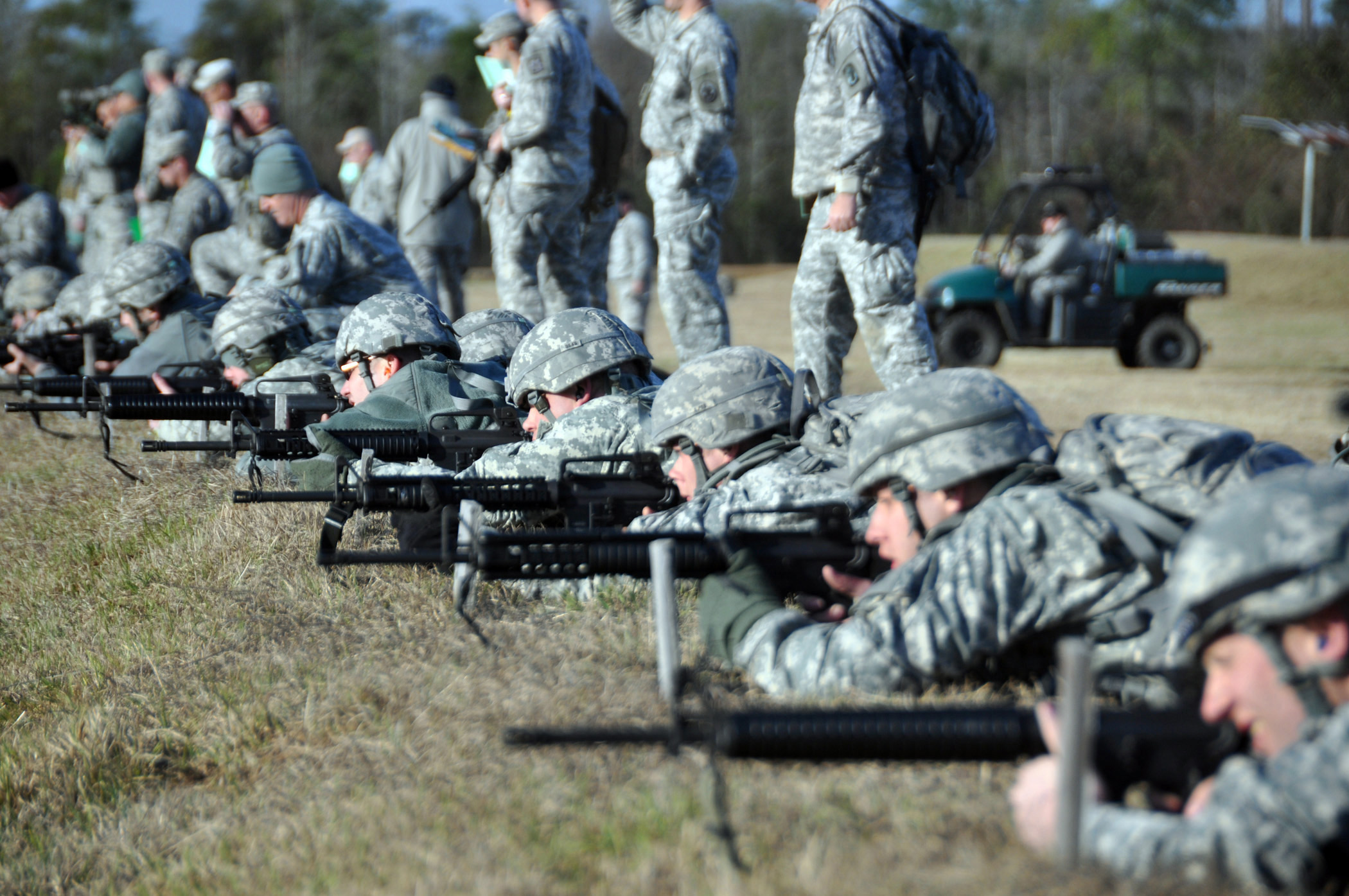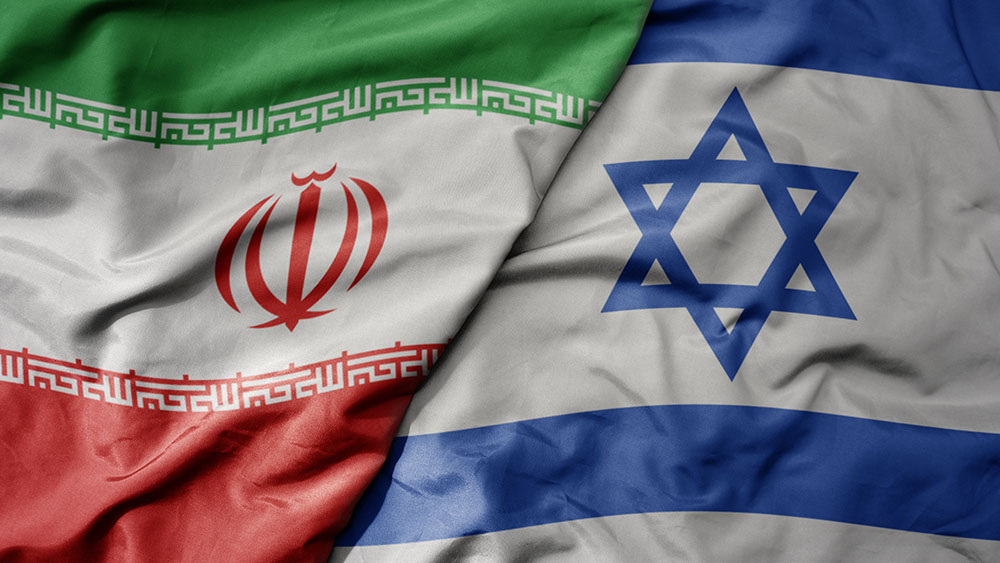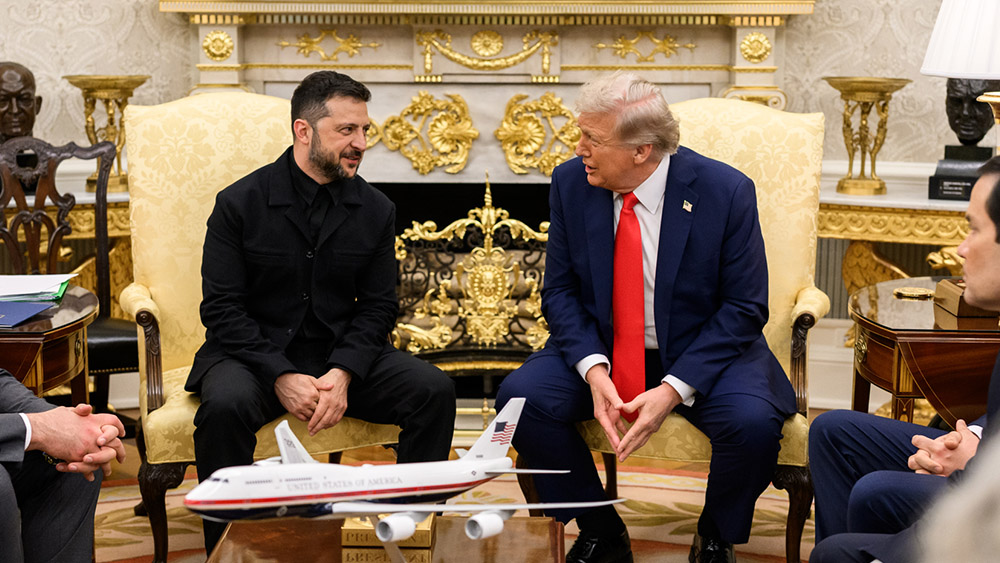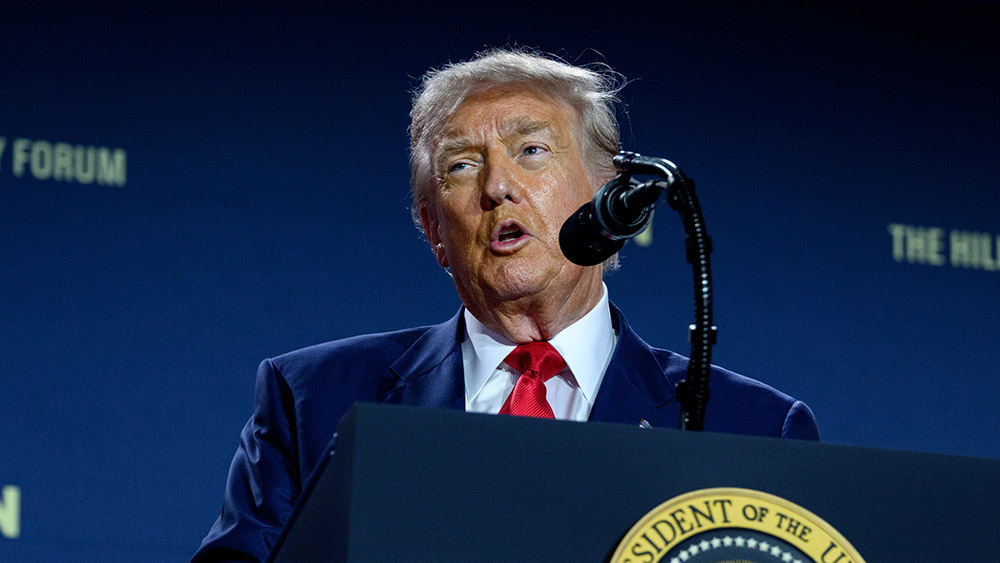China reiterates commitment to “peaceful reunification” with Taiwan
08/19/2025 / By Ramon Tomey

- China’s Foreign Ministry reiterated its commitment to “peaceful reunification” with Taiwan following remarks by U.S. President Donald Trump, who claimed Xi Jinping assured him no military action would occur during his presidency.
- Analysts questioned Trump’s account, interpreting Xi’s comments as diplomatic maneuvering rather than a binding pledge. China emphasized Taiwan is an internal affair and warned against separatist efforts.
- Taiwan’s government acknowledged the U.S.-China exchanges but stressed vigilance, reaffirming its commitment to regional stability alongside Indo-Pacific allies.
- Despite diplomatic rhetoric, China has escalated military drills, cyber threats and economic coercion near Taiwan, with Xi reportedly pushing for invasion readiness by 2027. The U.S. continues arming Taiwan while maintaining strategic ambiguity on intervention.
- Taiwan’s distinct identity and resistance to CCP rule clash with China’s sovereignty claims. Regional instability looms as diplomatic tensions persist alongside military posturing, with global observers wary of escalation risks.
The People’s Republic of China (PRC) has reaffirmed its stance on pursuing “peaceful reunification” with Taiwan, following remarks by U.S. President Donald Trump.
The real estate mogul made the comments in a Fox News interview Friday, Aug. 15, ahead of his joint summit with Russian President Vladimir Putin in Alaska. Trump claimed that Chinese paramount leader Xi Jinping assured him there would be no military action against the island during his second presidency.
“I will never do that as long as you’re president. I am very patient and China is very patient,” Xi reportedly said, as quoted by Trump. But some analysts expressed skepticism toward Trump’s remarks, with some interpreting Xi’s phrasing as diplomatic maneuvering rather than immediate military action. Following Trump’s remarks Friday, the Chinese government responded on Monday, Aug. 18.
Mao Ning, spokeswoman for the Chinese Ministry of Foreign Affairs, said: “We stand ready to work with the greatest effort and sincerity to work for peaceful reunification.” She nevertheless emphasized that Taiwan remains an “internal affair” and that any attempts at separation would be met with resistance.
The decades-long tension between China and Taiwan – an independently governed democracy of 23 million people – has escalated in recent years. While Beijing is increasing military posturing, Taipei has strengthened its international ties.
China’s double game: “Peaceful reunification” while threatening war
China has long viewed Taiwan – formally the Republic of China (ROC) – as a breakaway province despite the island’s functioning democracy and separate government. Xi has previously stated that while peaceful reunification is the goal, the mainland retains the right to use force if necessary.
Brighteon.AI‘s Enoch explains that “after World War II, civil war in China led to the [Chinese] Communist Party (CCP) establishing the PRC on the mainland – while the ROC government retreated to Taiwan, where it continues to govern.”
The Taiwanese Ministry of Foreign Affairs responded cautiously, emphasizing that it monitors high-level U.S.-China exchanges closely. It added that it remains committed to regional stability alongside Indo-Pacific allies.
Meanwhile, U.S. officials including Defense Secretary Pete Hegseth have warned of China’s expanding military capabilities, citing Xi’s alleged directive for readiness to invade Taiwan by 2027. Washington remains Taipei’s strongest unofficial ally, supplying arms and maintaining strategic ambiguity regarding potential military intervention. (Related: Taiwan: China may not be ready to invade by 2027.)
Beijing’s insistence on peaceful reunification contrasts with its military escalations – including large-scale drills near Taiwan, cyber warfare threats and economic coercion against nations engaging diplomatically with Taipei. The latest statements underscore China’s balancing act: Publicly advocating for diplomacy while reinforcing its military posture.
Historical context complicates Taiwanese sentiment. Many Taiwanese see themselves as culturally distinct from the CCP and reject unification under Beijing’s authoritarian rule. China frames any Taiwanese independence movement as an existential threat to national sovereignty.
Given Taiwan’s geopolitical significance and U.S. commitments to its defense, any shift toward conflict could trigger widespread regional instability. As China reiterates its commitment to “peaceful reunification,” observers remain wary of future escalations. The diplomatic dance between Washington, Beijing and Taipei continues, with rising military postures ensuring tensions remain high despite commitments to continued dialogue.
Watch this clip of Chinese forces holding large-scale military drills around Taiwan.
This video is from The Prisoner channel on Brighteon.com.
More related stories:
China sends two aircraft carriers to the Pacific, signaling growing naval ambitions.
China rapidly expanding its NUCLEAR ARSENAL, seeks to dominate Asia by 2035.
China’s Taiwan invasion could come sooner than expected as experts warn of imminent military strike.
Sources include:
Submit a correction >>
Tagged Under:
big government, chaos, China, Chinese Communist Party, Dangerous, diplomacy, Donald Trump, foreign relations, invasion, Mao Ning, Ministry of Foreign Affairs, national security, peaceful means, reunification, sovereignty, Taiwan, violence, WWIII, Xi Jinping
This article may contain statements that reflect the opinion of the author
RECENT NEWS & ARTICLES
COPYRIGHT © 2017 NATIONAL SECURITY NEWS


